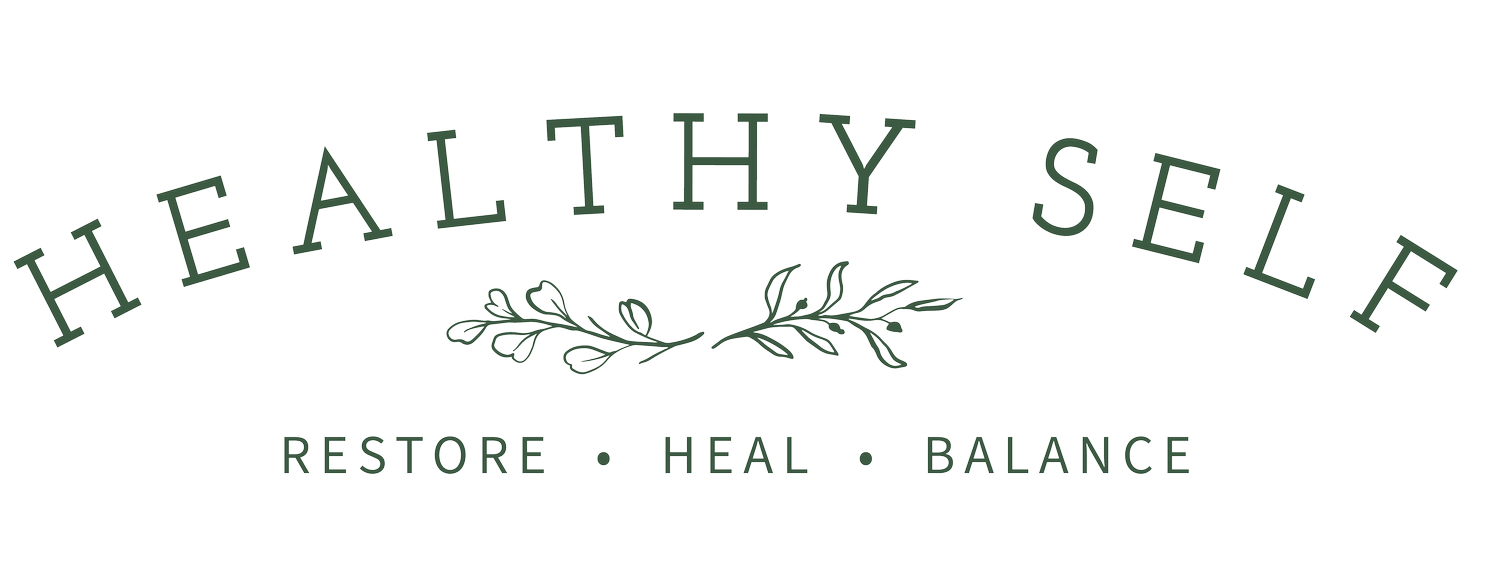Why Organic?
The Benefits of Choosing Organic Food
Better for Your Health
A review of 41 studies indicates that organic crops provide substantially higher levels of nutrients such as protein, vitamin C, iron, magnesium, and phosphorous. These minerals boost your immune system, give you energy, and make your food taste better.
Protects Future Generations
The average child receives four times more exposure than an adult to at least eight widely used cancer-causing pesticides in food. The food choices you make now will impact your child’s health in the future.
Prevents Soil Erosion
Soil is the foundation of the food chain in organic farming. In conventional farming, the soil is used more as a medium for holding plants in a vertical position so they can be chemically fertilized. As a result, American farms are suffering from the worst soil erosion in history.
Protects Water Quality
The Environmental Protection Agency (EPA) estimates that pesticides (some carcinogenic) contaminate the groundwater in 38 states, polluting the primary source of drinking water for more than half of the American population.
Saves Energy
Modern farming uses more petroleum than any other single industry, consuming 12% of America’s total energy supply. More energy than before is now used to produce synthetic fertilizers to till, cultivate, and harvest all the crops in the U.S.. Organic farming is still mainly based on labor intensive practices such as weeding by hand and using green manures and crop covers rather than synthetic fertilizers to build up soil.
Keeps Chemicals Off Your Plate
The EPA considers 60% of all herbicides, 90% of all fungicides and 30% of all insecticides to be carcinogenic. Pesticides are poisons designed to kill living organisms, and can also be harmful to humans. In addition to potentially causing cancer, pesticides have been implicated in birth defects, nerve damage, and genetic mutation.
Protects Farm Workers’ Health
A National Cancer Institute study found that farmers exposed to herbicides had a six times greater risk than non-farmers of contracting cancer. Field workers suffer the highest rates of occupational illness in California.
Helps Small Farmers
It’s estimated that the United States has lost more than 650,000 family farms in the past decade; organic farming could be one of the few survival tactics left for family farms.
Supports a True Economy
Although organic foods might seem more expensive than conventional foods, conventional food prices do not reflect hidden costs borne by taxpayers, including nearly $74 billion in federal subsidies in 1988. Other hidden costs include pesticide regulation and testing, hazardous waste disposal and clean-up, and environmental damage.
Promotes Biodiversity
Monocropping is the unnatural practice of planting the same single crop (usually corn, soybeans and wheat) on each of their respective plots of land year after year after year. This lack of diversity and crop rotation that occurs naturally in nature greatly deprives soil of its natural minerals and nutrients. Single crops are also more reliant on pesticides although some insects have become genetically resistant to certain pesticides.
Increases Flavors
There is good reason why many chefs use organic foods in their recipes—it tastes better. Organic farming is a process, a labor of love, that begins with the nourishment of the soil (including the proper caring for the land and respect for the natural timing of the crops’ growth for harvesting) and leads to the nourishment of the plant and ultimately, our bodies.
© 2019 Health Coach Institute | support@healthcoachinstitute.com | (888) 822-1284 | www.healthcoachinstitute.com
